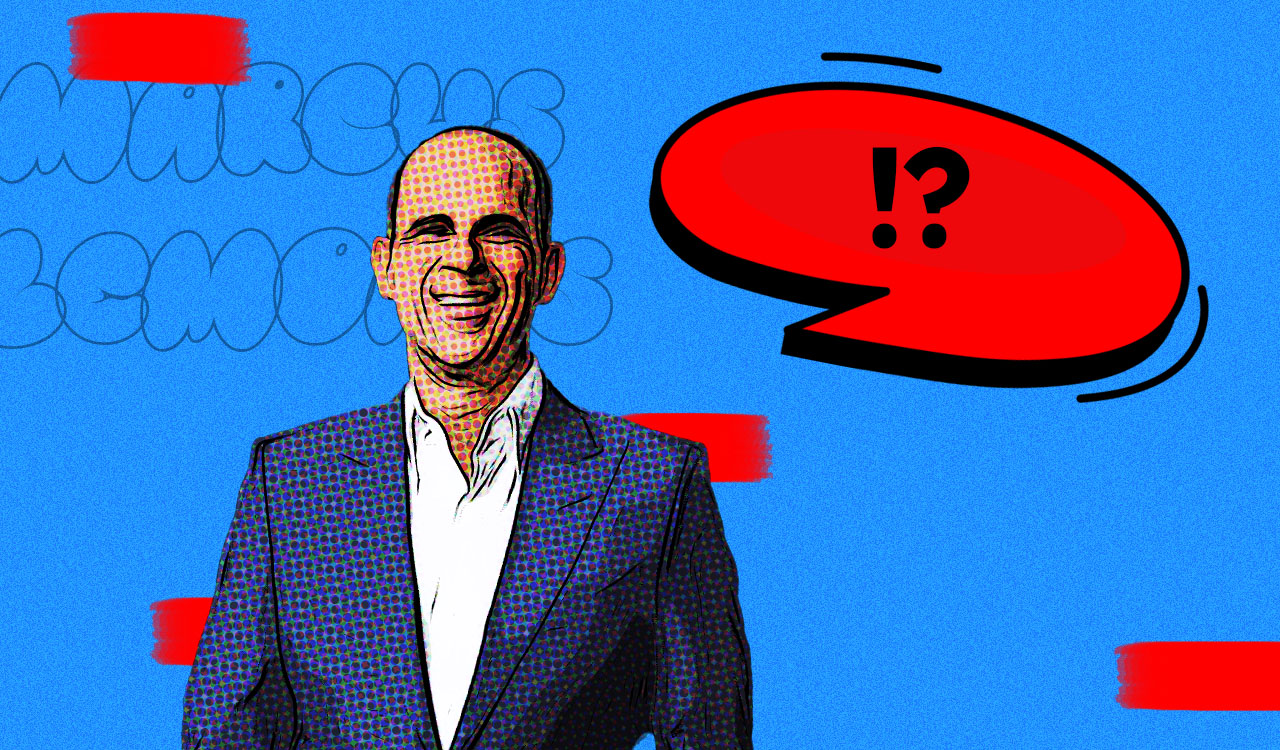There is power in sharing the great stories about the art of leadership in the retail industry. Let’s take first-time CEOs. Three female leaders of public and private companies share their insights. Once a first-timer myself, I know the feeling of learning on the job while building the house. These successful CEOs are honest, vulnerable, and open in sharing advice with other future Top Guns… and current CEOs who are grooming the next generation of retail leaders.
Consider how it must feel to reach a pinnacle and find that you are standing alone. Remember that childhood game, “The Cheese Stands Alone,” we used to play as kids? Well, it’s real. No matter how engaged and supportive your ELT is, they still are not your peers.
Breakthroughs
They say it’s lonely at the top, and for all the first-time CEOs I spoke to, this sentiment resonates deeply. These remarkable women have shattered glass ceilings and blazed trails in the retail, corporate world. Yet, their journeys to the C-suite have not been without its challenges and obstacles.
When reflecting on her journey, Amy Hauk, immediate past CEO of VS& Co/Pink, offers that despite her extensive leadership experience, she has had to overcome gender and stature bias and egos. “As a woman in the industry, you must always manage humility by taking the bull by the horns to lead.”
In addition to external challenges, these first-time CEOs also faced internal obstacles. Many grappled with imposter syndrome, doubting their abilities and feeling the weight of CEO responsibility. On the flip side, they felt they were prepared only to discover that you don’t know what you don’t know. Christiane Pendarvis, immediate past president of Savage x Fenty, explains, “The biggest difficulty is that people get opportunities because they have excelled at something significant. Even though most people have managed multiple functions, the CEO role has a much broader range. There is no roadmap to prepare you for this. There is a very small learning curve and very high expectations.”
The Wisdom of Crowds
One leader’s fundamental strategy is to surround herself with a diverse and knowledgeable team. All the CEOs emphasized the importance of building a solid support network. No one has all the answers. Get comfortable leveraging and thus empowering a strong and talented team. “The best leaders are lifelong learners,” states Hauk, who adds she is open to learning from her teams, market insights, and especially customers.
Quite a few first-time CEOs credited mentors and sponsors with a significant role in their professional development, providing guidance, support, and invaluable insights that helped some of these leaders acquire roles and navigate the challenges associated with their new positions. Kate Nadolny, CEO of Bandier, has many mentors who provide invaluable support but offers that sponsors have been crucial for her development and career progression to CEO: “Having someone who believed in me and offered guidance was crucial. My sponsors have helped me navigate complex situations and provided a sounding board for my ideas. They mentioned and advocated for me even when I wasn’t in the room.”
Standing Strong … and Alone
Despite their trailblazing success, all mentioned regrets that come with the position. Interestingly, most center around people. A DEI warrior, Hauk confessed that she could have created a more welcoming and inclusive culture. She went on to explain that she felt she could have allowed more team members to have a voice and to be included in the process. People’s decisions also can bring angst, says Nadolny. She states, “CEOs must put the business first. Sometimes that means another person or persons are disadvantaged, which never feels great.”
All shared how lonely it is in the CEO seat. Consider how it must feel to reach a pinnacle and find that you are standing alone. Remember that childhood game, “The Cheese Stands Alone,” we used to play as kids? Well, it’s real. No matter how engaged and supportive your ELT is, they still are not your peers. Your peers are at other organizations, sometimes competing organizations. Drawing from this and different on-the-job experiences, they offer valuable advice to aspiring leaders.
They all emphasize the importance of self-belief, authenticity, resilience, perseverance, planning, and a strong support network, Pendarvis advises, “Be deliberate about creating your support network. Build a personal board of directors who you can feel comfortable asking for help when needed.” Hauk believes in a well-developed plan that should be approached and executed with humility and adaptability. “Be open to the fact that you may not have all the answers. Be open to listening, learning, and course correcting. All CEOs should use a whiteboard to build short- and long-range plans from the bottom up,” she adds.
Becoming a first-time CEO is an extraordinary achievement that comes with its own set of challenges and rewards. Even though there are so many different perspectives about the journey, the common thread is how lonely it is.
Their experiences and advice should serve as cautionary tales and guiding lights for new leaders embarking on their journeys and reminders for established CEOs who can help mentor executives for their next steps.




